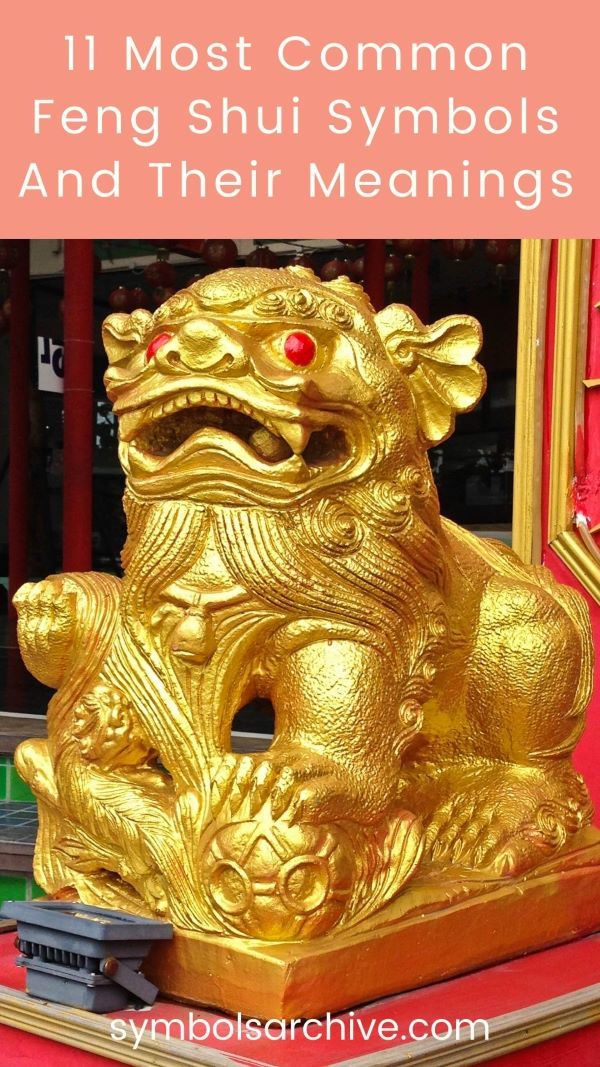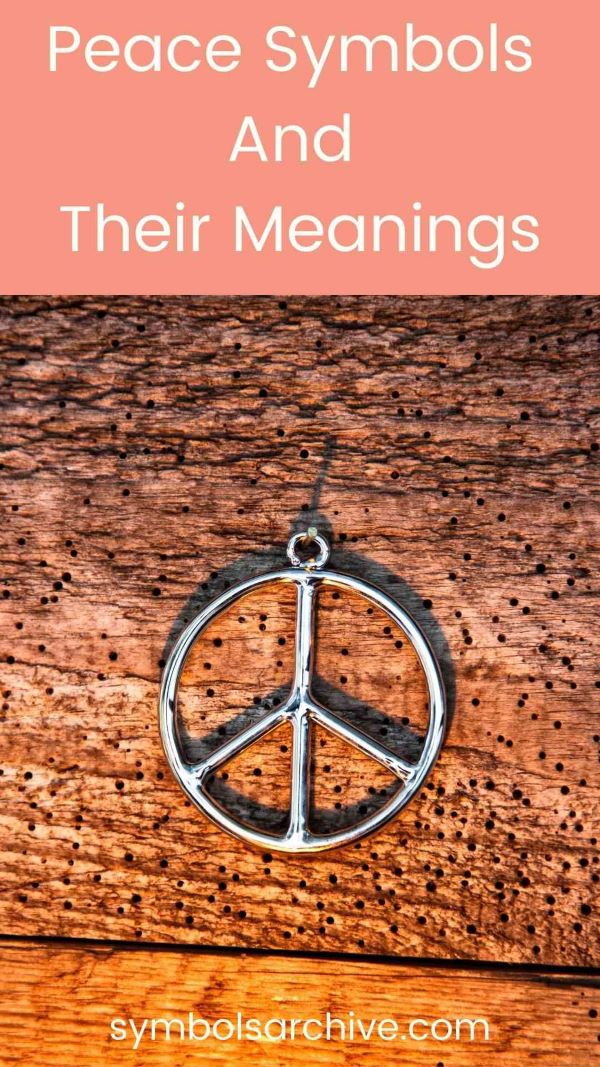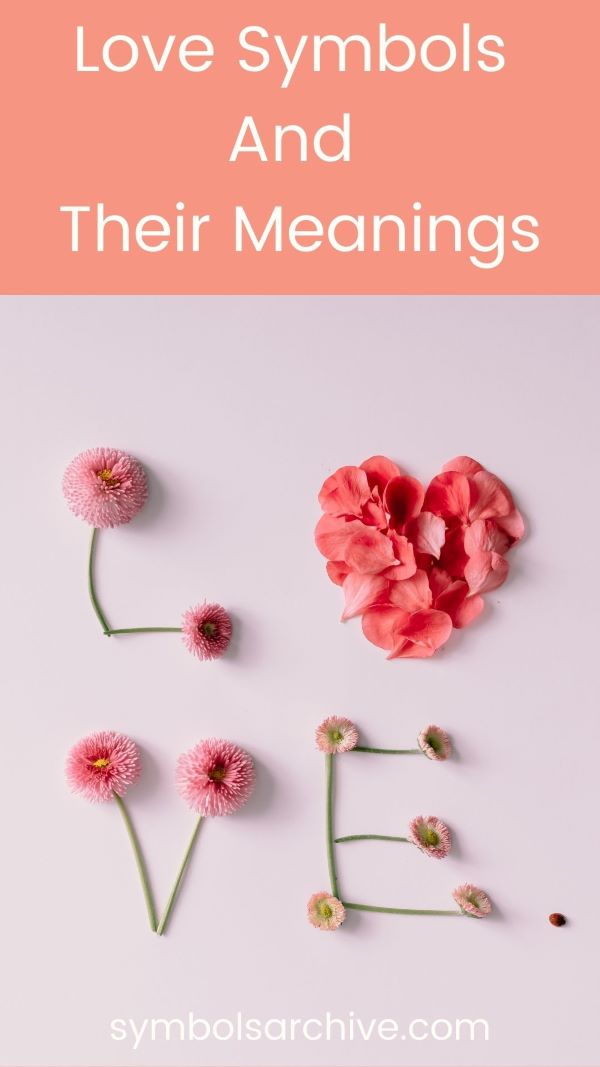11 Most Common Feng Shui Symbols And Their Meanings
Feng shui, also called in the Western world as Chinese geomancy, is a system of laws that claims to use chi (qi) or flow of energy to harmonize individuals with their surrounding environment.
Feng shui originated in ancient China. The term feng shui is from the Chinese fēng meaning “wind” and shuǐ which means “water.” It is derived from a passage of the now-lost Book of Burial by the 4th or 5th-century Taoist mystic Guo Pu.
Feng shui has been widely used in orienting buildings in what is considered as an auspicious manner.
11 Most Common Feng Shui Symbols And Their Meanings

Here’s a list of the most common feng shui symbols and their meanings.
1. Pixiu / Piyao

Pixiu – “piyao” in some modern translations – is a Chinese mythical hybrid creature that is part-Chinese dragon and part-winged lion. These creatures are deemed powerful protectors and auspicious for wealth and good fortune.
Believed by feng shui practitioners as a creature of good fortune, pixiu is said to be a voracious eater of jewels, silver, and gold. It is also believed to possess the power to aid people who have offended the Guardian God of the Year Tai Sui and thus suffer from bad feng shui.
2. Bagua

From Chinese bā which translates as “eight” and guà meaning “divinatory symbols,” bagua is a motif that incorporates the eight trigrams of the “I Ching” which is arranged octagonally around a symbol or a mirror, signifying the balance of yin and yang.
Bagua is employed as a protective amulet in traditional feng shui. It is believed to deflect and ward off “sha qi” or “poison arrows.”
Baguas are generally placed outside one’s front door with the mirror always facing out and away from the house.
3. Yin & Yang (Yin-yang)

The yin-yang symbol is a circle consisting of black and white swirls, each with a spot of the other. It is linked with the ancient technique used to observe the movements of the sun, moon, and stars.
Yin-yang is a Chinese concept where opposite forces are viewed as interconnected and complementary. This dynamic balance is known as chi (qi).
Yin symbolizes feminine energy, darkness, passivity, absorption, and earth. Yang, on the other hand, represents masculine energy, light, activity, penetration, and heaven.
4. Fu Dogs

Fu dogs, also spelled as foo dogs, are otherwise known as shishi, komainu, guardian lions, lion dogs, and temple lions.
These mythical animals are symbolic of prosperity, success, safety, and guardianship or protection. They generally come in pairs – a male and a female.
The most famous fu dogs are the Imperial Guardian Lions found in Beijing’s Forbidden City .
5. Chi Lin
The Chi Lin, also called the dragon horse and the Chinese unicorn, is a mythical animal possessing a lion’s head, a horse’s body, and a carp fish’s scales.
The Chi Lin is traditionally viewed with a higher royal status in comparison with other symbols in feng shui. It symbolizes prosperity, good luck, wisdom, and longevity.
Chi Lin is also said to be fiercely loyal and protective of its owner.
6. Mandarin Ducks

Mandarin ducks are also known as love ducks. Unlike other duck species, these birds are believed to be lifelong couples. In this regard, they have come to symbolize blissful marriage and everlasting love.
In feng shui, the Mandarin ducks symbol is a pair of ducks made of crystals – rose quartz, usually – worn to attract and enhance love.
Mandarin ducks figurines are also kept in a feng shui practitioner’s home in their belief that it will help strengthen their marriage (or any other romantic union).
7. Jin Chan / Ch’an Chu (Three-legged Toad)

The Jin Chan – literally meaning “golden toad” – is also known as Ch’an Chu or Chan Chuy which means “toad.” It is also called Zhaocai Chan Chu, which is literally translated as “wealth-beckoning toad.” However, its most common translation is “money toad” or “money frog.”
Commonly depicted as a bullfrog with only three legs, a coin in its mouth, and sitting on a pile of money, the Jin Chan is a feng shui symbol of prosperity that is often found on the cash counter of a business establishment, facing the main door.
8. Wu Lou
Literally translated, “wu lou” (pronounced as “hulu”) means “giver of life.”
Wu Lou is also known as a gourd or a calabash. It is the feng shui symbol of perfect health, as well as vitality and longevity.
Wu Lou is said to boost good fortune and “healthy” energy. A very protective symbol, feng shui practitioners believe wu lou wards off all types of negative energy.
9. Ru Yi / Ruyi (Chinese Scepter)

Ru Yi, also spelled Ruyi, is the Chinese scepter symbol employed in feng shui to attract good luck and fortune. The name literally means “as you wish” / “as one wishes” as it is it believed that having a Ru Yi can bring one what one’s heart desires.
One of the most powerful feng shui symbols, Ru Yi is also known as the scepter of power. It represents authority, power, leadership, and blessings.
Ru Yi’s shape is said to remind one of a lotus, which is a sacred flower for Buddhists. However, others claim that this shape originated from the backscratcher used by ancient Chinese.
10. Dragon

The dragon, one of feng shui’s most well-known symbols, is used as a good luck charm and a symbol of protection.
Of all the other animals in feng shui, the dragon is held in the highest regard. Dragon represents good luck, abundance, and success. It also denotes recklessness and is a very powerful symbol of yang or male energy.
11. Mystic Knot / Chinese Knot

Another auspicious feng shui symbol, the mystic knot is made up of a combination of six infinity knots. It is also called the Chinese knot and endless or eternal knot.
The mystic knot signifies continuity and a long happy life brimming with good fortune. It is usually worn as an amulet to attract abundance and good luck, as well as love and protection.






